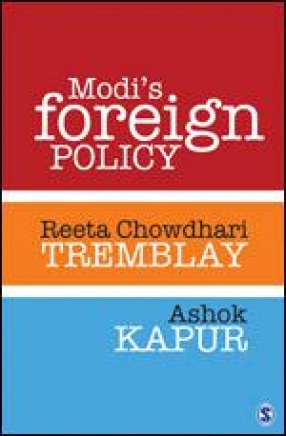
Showing all 5 books

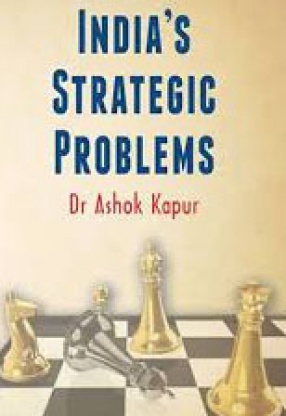

In India, foreign policymaking has been based in the Prime Minister’s Office because of the institutionalization of the foreign policy structure since Independence. This book highlights that in the past three decades, due to the constraints of coalition politics, there has been little insight into India’s foreign policy. The ruling government effectively reverted the locus of authority to the new prime minister and his team, thereby not just avoiding ...

India had a bad introduction to the world of diplomacy and military strategy because her first Prime Minister Jawaharlal Nehru, lacked administrative, diplomatic and military experiences. His policies ignored major global trends which were based on geopolitical calculations rather than moral force. The distortions which Nehru created became a permanent feature of Congress Party’s strategic culture.
The process of unwinding the Nehru legacy has been slow and ...
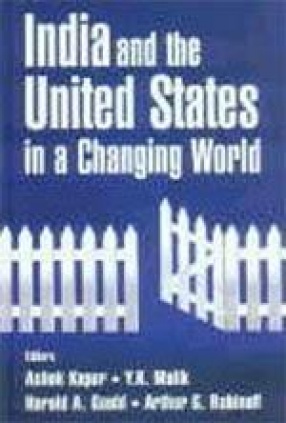
Relations between India and the US can best be described as ‘rocky’, almost from the time India gained independence in 1947. They have differed strongly on many fronts, including perceptions of their respective national interests, strategic worldviews, foreign policy goals and economic policies. However, subsequent to the radical changes in global political configurations in recent years, fresh opportunities have arisen for the world’s two largest ...
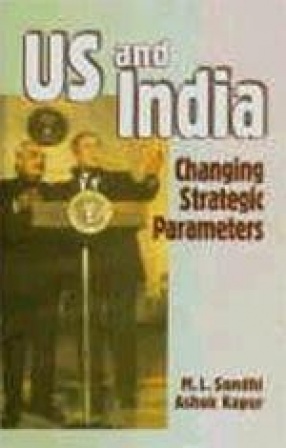
In US and India: Changing Strategic Parameters, M.L. Sondhi and Ashok Kapur draw on their years of experience with areas of primary strategic interest to India and the United States to provide a major re-evaluation of India-United States relations. They put forward recommendations for enhancing Indian’s negotiating strength, suggesting to both policy makers and academics of the two democracies fresh approaches to bilateral relations in the context of a volatile ...
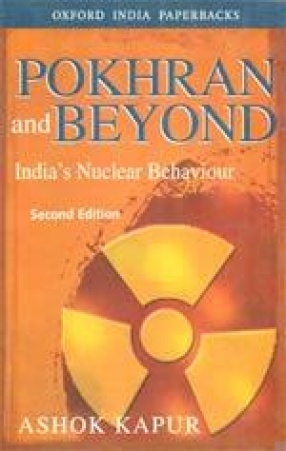
India's nuclear tests in 1998 triggered off worldwide reactions ranging from utter condemnation to crippling economic sanctions for the country. Both western and Indian scholars joined in the almost unanimous censure of the government pointing out that the tests were the result of domestic political compulsion rather than external security exigencies. Ashok Kapur negates such criticisms while arguing that the tests were long overdue reactions to ...
